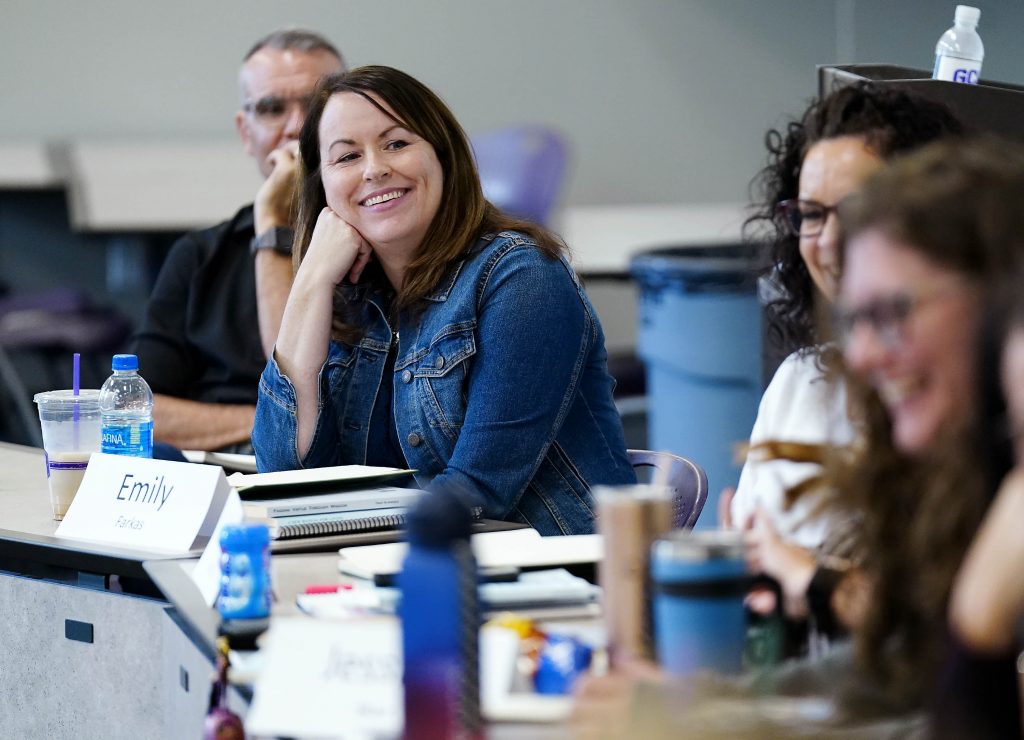
Nick Schuerman was headed to his school’s eighth-grade graduation last week and reflected on many of the students who had been with him since he launched his charter school seven years ago, Victory Collegiate Academy in Maryvale.
You can’t believe the social-emotional progress they have made, he said, from the early days of kicking each other and dropping cuss words, to the young people he sees today – kind, considerate and successful.
“We know it’s all because of character education,” he said.
The founder, executive director and principal of Victory was one of the subjects in a new video series, “Voices from the Field,” from Grand Canyon University’s Canyon Center for Character Education (CCCE).
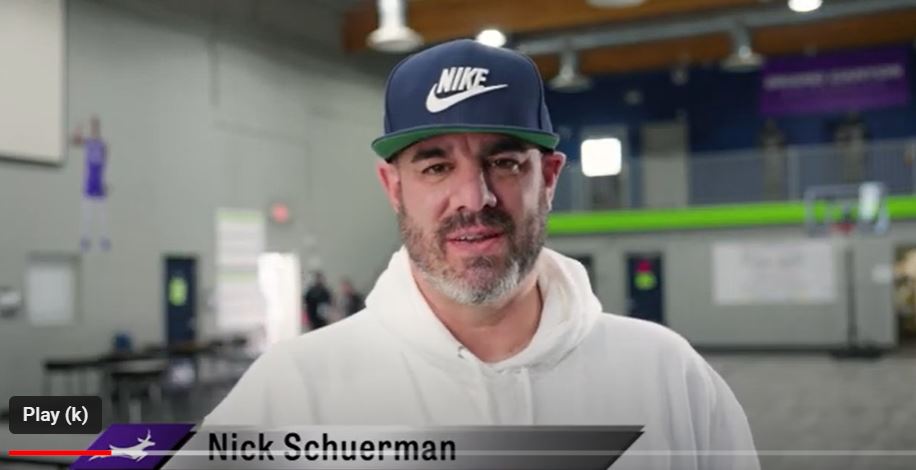
Victory predates the formation of CCCE, launched in 2022 with a grant from the Kern Family Foundation, but is a model for character education and has formed a partnership with CCCE to share resources and knowledge.
“It’s a true partnership. We can definitely learn from them, and we are on the ground, gathering research and developing best practices,” Schuerman said.
Victory hires teachers based on character and develops lesson plans for them to lead sessions on character three days a week. Teachers are role models of character and even role play them during weekly assemblies. Its halls are lined with character messages.
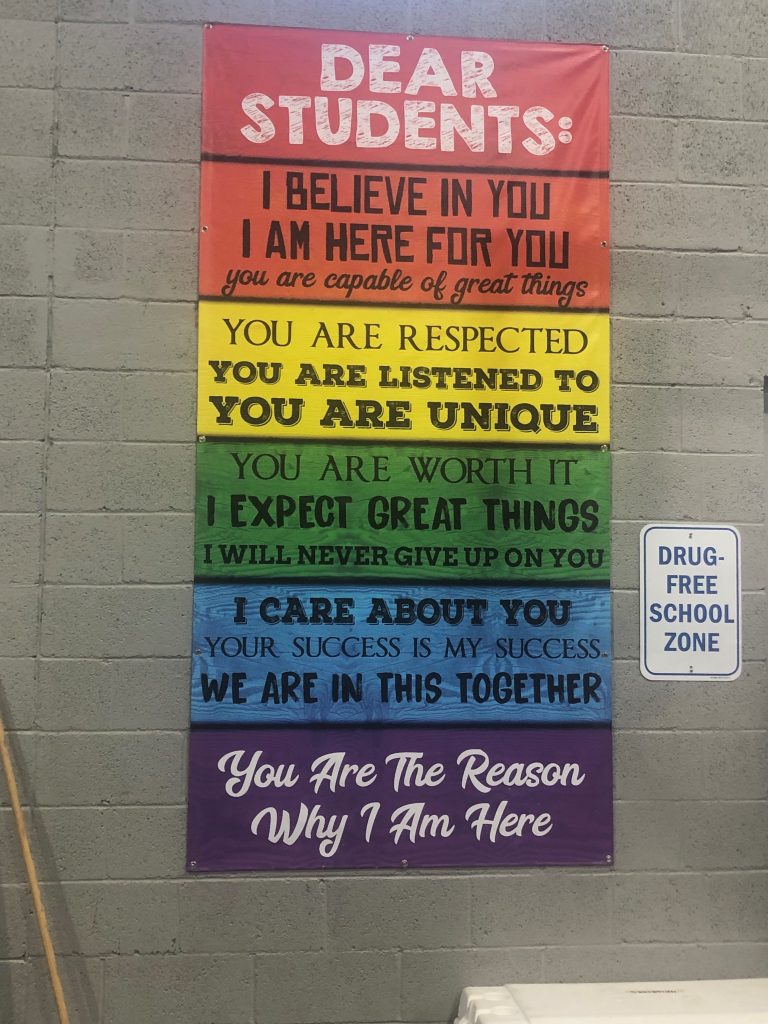
Schuerman decided when he formed the school that it would center its efforts on character. It's needed now more than ever as schools are asked to handle the issues and behaviors that students bring to school with them. Now he says parents seek out the school for its character education.
“Over 23 years in education, serving the underserved, the kids in poverty and the kids in trauma, I know it’s best for kids,” he said.
In the video, Schuerman describes the “different vibe” you feel when entering the school. Students with good manners. Students reminding their friends how they may be making others feel.
It leads to success, he says, describing one student who was involved in drugs and fights but after character education at Victory is today applying for colleges.
“Our staff gets trained in character education like you would get trained in math,” he said in the video. “We are a character school, and that comes before everything else.”
Emily Farkas, CCCE’s Program Director, could feel the same thing going into Victory, a school at the heart of GCU's efforts in Maryvale to serve the communities surrounding its campus.
“It’s a way of being,” she said.
The children all seek out Schuerman instead of being afraid of him and are eager to share in an assembly.
The videos give a voice to Victory and others in character education.
“The hope through the Voices in the Field video series is if you identify with a personal story, the importance of character education will click,” Farkas said.
The video project also highlights CCCE’s growth, including partnering with five local schools this spring. CCCE offers the schools surveys of staff, students and families related to virtues that give them information on areas to seek growth in relation to character education. They offer them resources from their vast bank of research and knowledge on the subject.
CCCE describes character education as able to be implemented through the “caught, taught and sought” model from the Jubilee Centre for Character and Virtues.
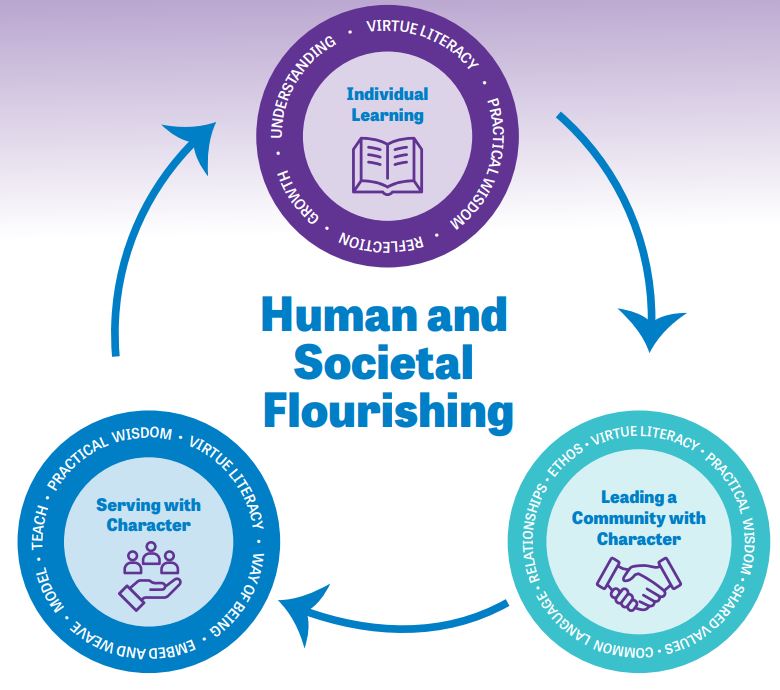
Character can be “caught” by others as individuals model it with actions, words and choices. Leaders share the vision and core values and develop a plan on how it can be “taught.” Implementing the plan, “sought character,” empowers them to serve others with those values.
Another CCCE partner, Stride Career Prep, uses many methods for students interested in technology and health care to center their education around their values. Dr. Ashley Betkowski, recently named CCCE’s Assistant Director, facilitated a webinar for Stride on “what it means to be human, humane and have humanity.”
“Students shared experiences and created a virtual collage of what humanity means to them,” she said. “We were amazed at the insightful ideas students shared.
“What stood out to me was how they found it to be relevant to their lives, like sharing their bacon while waiting in the deli line or saving a butterfly. They expressed the importance to consider others and not just yourself.”
Other CCCE partners include Agua Fria Unified High School District, Aguila Elementary School District and Kings Ridge Prep.
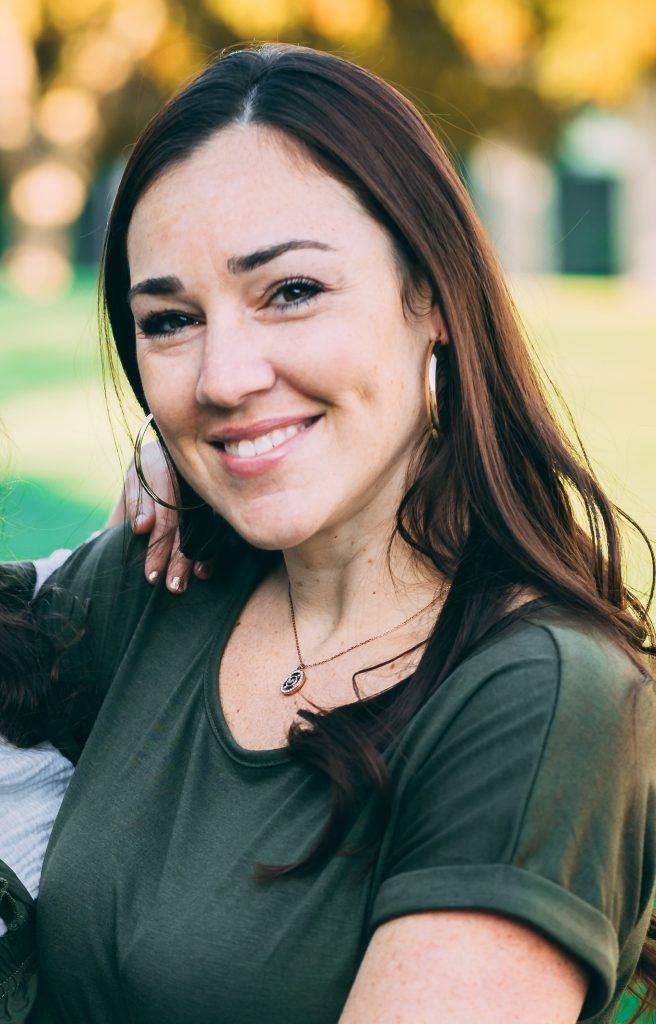
Farkas said four videos are now complete, while future projects will highlight additional work in character education from schools and teachers who give testimony to the power behind character education.
Another video shared the thoughts of GCU College of Education alumna Rebecca Wayne, who said it was clear in her first year of teaching third grade at Paradise Honors Elementary School that character education helped with behavioral issues in class.
She described showing a film to students on perseverance whose message was to “keep swimming” when faced with currents that are raging strong against you. After that, she saw a student struggling and overheard a classmate implore them to “just keep swimming.”
“It just makes my teacher heart so happy,” she said.
COE adjunct professor Misti Stevens shared in another video in which she asked students what they saw in her — a white, middle-age woman who frankly looks like a teacher. Then she told them she “grew up on the streets, ran away five times” and was abused.
“So when I say I care, I care. If you don’t care you are not going to be able to help anyone else,” she said.
Grand Canyon University senior writer Mike Kilen can be reached at [email protected] or at 602-639-6764.
***
Related content:
GCU News: Character Center's retreat explores 'what it is to be good'



































































